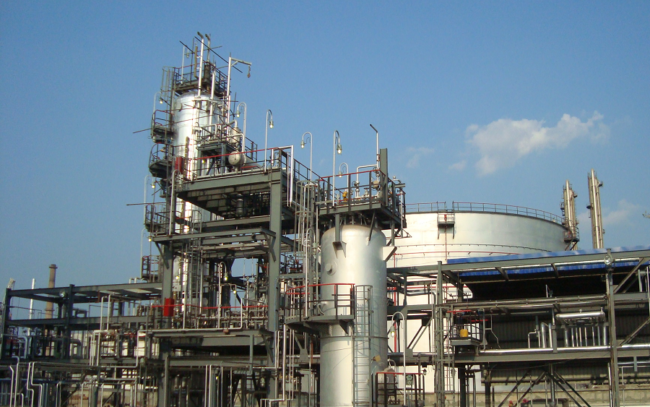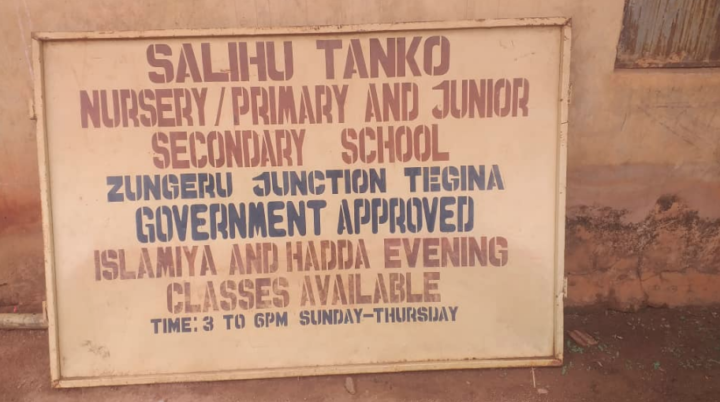The African Refiners and Distributors Association (ARDA), a pan-African organisation for the downstream oil sector in Africa, says Nigeria and other countries in the continent require $15.7 billion to upgrade 36 oil refineries.
Founded in 2006, the ARDA is comprised of African oil refiners, importers, terminal operators, major marketers, distributors and regulators.
In March, the federal executive council (FEC) approved the sum of $1.5 billion for the rehabilitation of Port Harcourt refinery. The repair, which will be executed by Tecnimont SPA, an Italian company, will be done in three phases of 18, 24 and 44 months
In a statement, Anibor Kragha, ARDA’s executive secretary, was quoted as speaking at a workshop said West and Central Africa with 12 refineries would need $6.28 billion capital expenditure for refineries’ upgrade.
Advertisement
He said $5.95bn would be required to upgrade 17 refineries in North Africa.
The association’s executive secretary added that East and Southern Africa with seven refineries would also need $3.42 billion to implement a similar upgrade.
He said the funds will be used for the engineering, procurement and construction processes for the improvement of the facilities.
Advertisement
“Cleaner, harmonised, pan-African fuels specifications are required and there has been uneven progress in tightening fuel specifications across the continent,” he said.
Kragha said the African Union and ARDA are collaborating on adoption of AFRI fuels roadmap with new process units required to improve key fuel specifications.
“Major urban population growth would result in increased pollution. So orderly, sustainable transition to cleaner fuels remained imperative to address potential public health issues,” he said.
“Targeted financing is needed for projects to upgrade refineries and infrastructure to produce and transport cleaner fuels.”
Advertisement
Meanwhile, a 2020 report published by Stakeholder Democracy Network (SDN), an international resource watchdog group, had found that on average, the fuel sold in Nigeria exceeded EU pollution limits by as much as 204 times, and by 43 times the level for gasoline.
“Our research suggests that Nigeria is having dirty fuel dumped on it that cannot be sold to other countries with higher and better implemented standards. The situation is so bad that the average diesels sampled are of an even lower quality that that produced by artisanal refining camps in the creeks of the Niger delta,” Florence Kayemba, SDN programme manager, said in the report.
Add a comment






